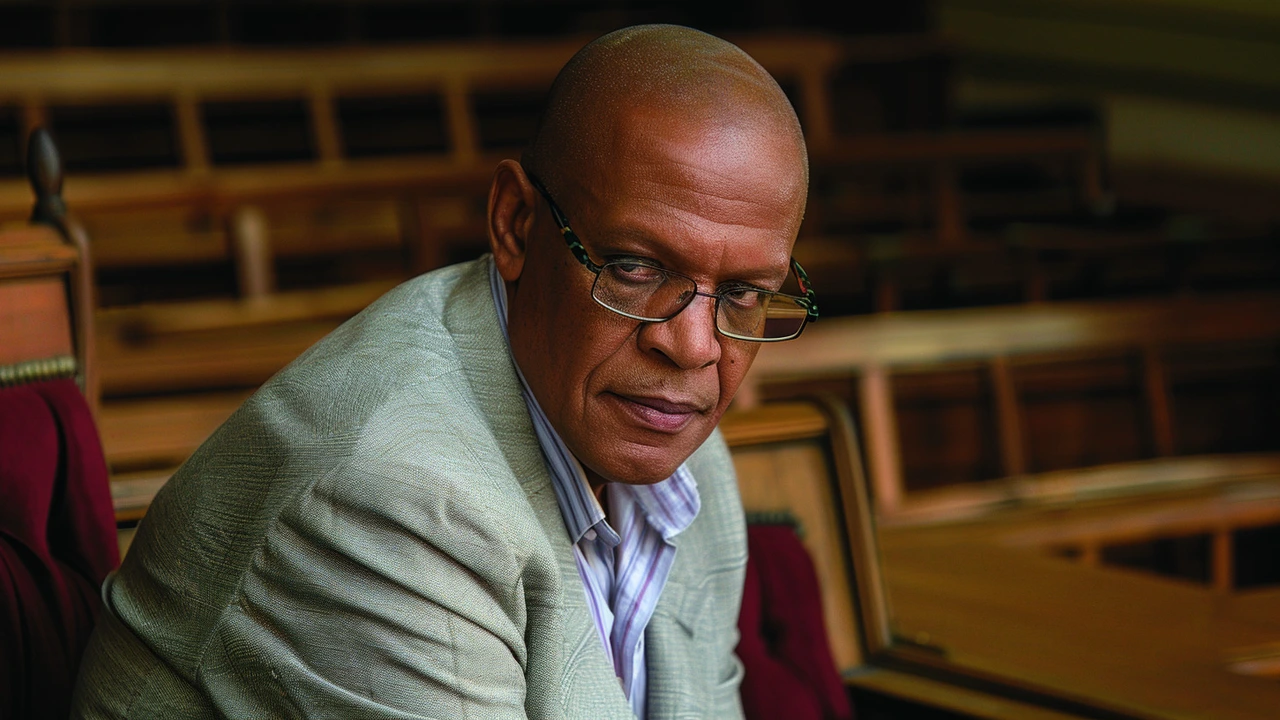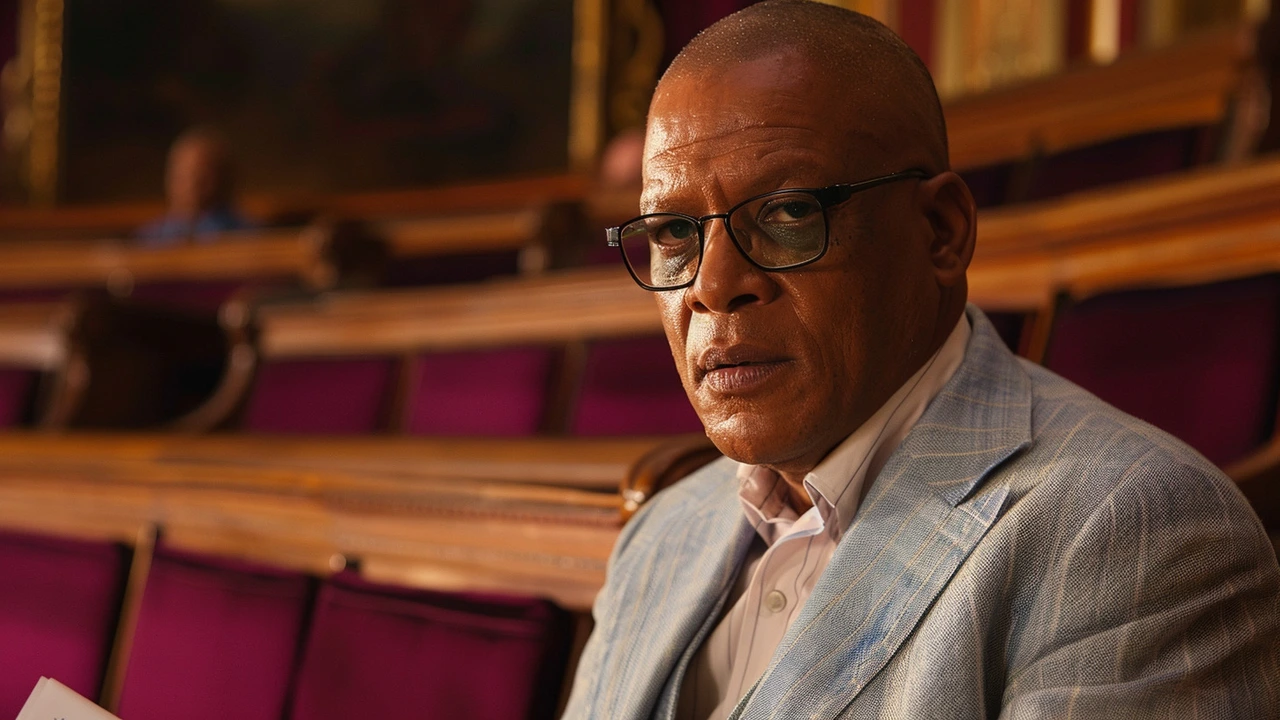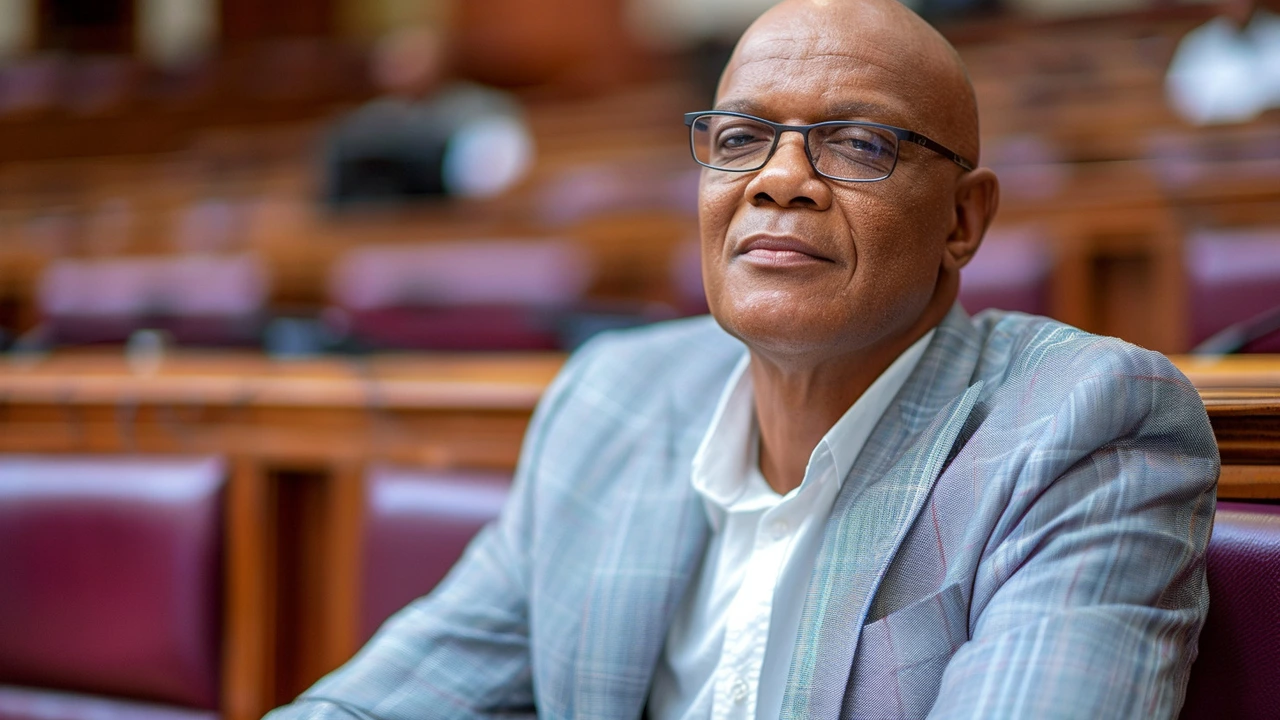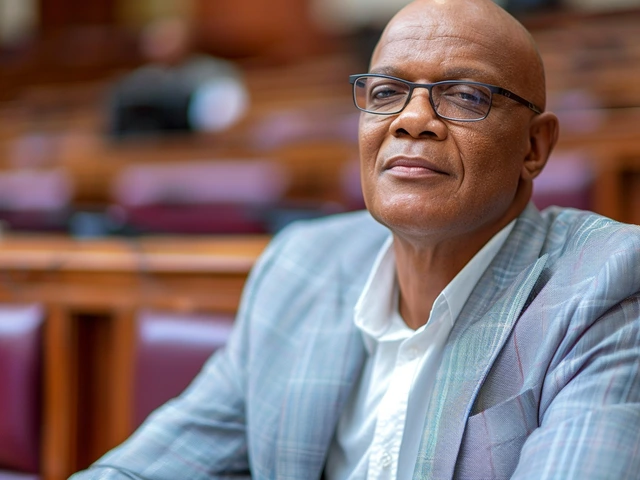The Struggle for MK Party Leadership
The political atmosphere surrounding the MK party has reached boiling point as the Electoral Court proceeds with the urgent application filed by Jabulani Khumalo. Khumalo, who has long been a prominent figure within the political organization, is seeking official recognition as the President of the MK party. This move directly challenges the Independent Electoral Commission's (IEC) decision to record Zuma as the new leader of the party, a decision Khumalo claims contravenes the provisions of the Electoral Commission Act.
At the heart of this legal battle lies the core issue of party representation and legitimacy. Khumalo's camp argues that the IEC's recording of Zuma was not conducted in a transparent and legal manner. They contend that the procedures outlined by the Electoral Commission Act were deliberately bypassed, resulting in an unjust outcome. The importance of adhering to electoral laws and practices is paramount in ensuring the democratic process within political parties.
Khumalo's Claims and Legal Arguments
Khumalo's legal team has laid out a series of claims supporting their client's bid for presidency. Central to their case is the assertion that Khumalo was the rightful candidate based on internal party elections that were allegedly disregarded by the IEC. The team further argues that the IEC's decision was influenced by external political pressures, which hindered the fair adjudication of party leadership.
In their submissions to the court, Khumalo's representatives have stressed the significance of lawful adherence, not only for the MK party but as a fundamental principle for all political entities. According to their argument, undermining these principles sets a dangerous precedent that could threaten the stability and integrity of the democratic process as a whole.

Insights from Legal Expert Ulrich Roux
As the court deliberates on the matter, legal expert Ulrich Roux has offered his perspective on the intricacies of the case. Roux notes that the case presents a multifaceted challenge that encompasses electoral law, political legitimacy, and the role of the IEC in adjudicating internal party disputes. He emphasizes that, while the court is poised to make a significant ruling, the broader implications of their decision could influence future electoral disputes.
Roux points out that one key element the court will likely consider is the transparency and accountability of the IEC's actions. If it is found that the IEC did not adhere to their own regulatory framework, it could lead to a reassessment of the commission's oversight mechanisms. Additionally, the court's ruling may prompt political parties to refine their internal processes to ensure compliance with electoral laws.
The Potential Impact on MK Party
The outcome of Khumalo's application holds considerable potential to shape the future of the MK party. Should the court rule in his favor, it would not only affirm Khumalo's leadership but could also instigate a reformation within the party. Calls for increased transparency, member participation, and adherence to democratic principles are likely to gain traction, motivating other political parties to follow suit.
Conversely, if the court upholds the IEC's decision to declare Zuma as President, it could lead to internal conflicts and fractures within the party. Different factions may arise, each claiming legitimacy, which could weaken the party's overall political strength and unity. The decision could further discourage members who feel marginalized or unfairly treated, thus impacting the party's growth and electoral prospects.

Awaiting the Court's Verdict
As the court continues its deliberations, all eyes remain fixed on the impending verdict. Supporters and detractors of Khumalo alike understand the weight of this ruling not just for the MK party, but for the broader landscape of political accountability and justice. The pressing question remains: will Jabulani Khumalo be declared the rightful President of the MK party, or will the court uphold the IEC's contentious recording of Zuma? The answers could shape the trajectories of both the party and its key figures.
Ultimately, the court's decision will bring clarity to the ongoing dispute, while simultaneously serving as a crucial benchmark for how electoral commissions handle intra-party controversies. The attention garnered by this case underscores the necessity for transparent, fair, and consistent application of electoral laws, reinforcing the democratic foundations upon which political entities operate.


